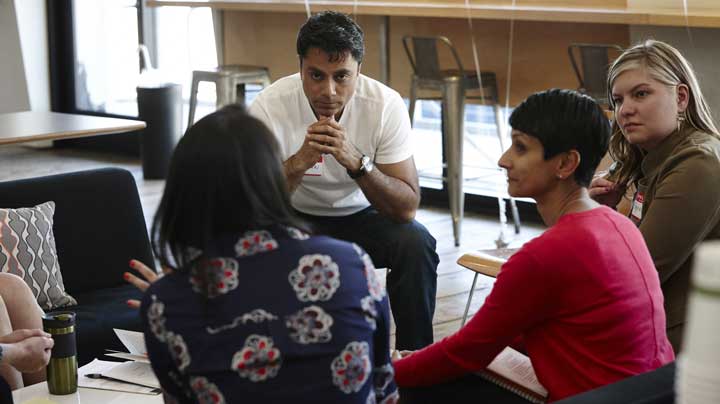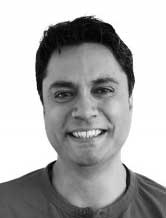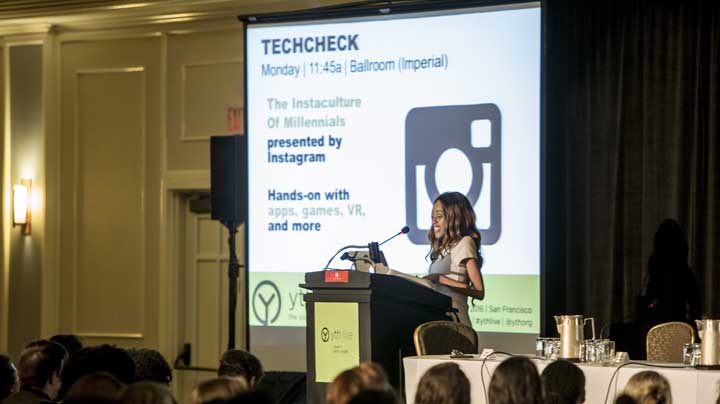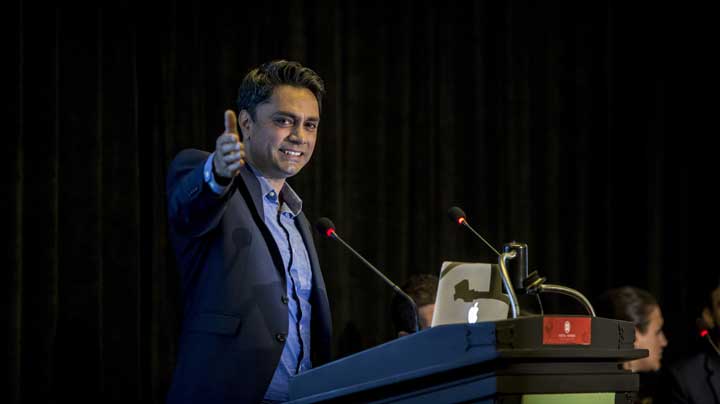
By Priscilla Rodriguez | m/Oppenheim Media Writer
Youth Tech Health is one of the few unique U.S. organizations to explore the intersection of youth’s health and the role of technology in developing and improving their health.
Since its founding in 2001, YTH has partnered with youth, organizations, including nonprofits, academic institutions, private foundations and advocacy groups across the United States and internationally, to design, test and implement technology solutions to some of the greatest health obstacles that youth face in their lives today.

“That means that we’re constantly keeping our fingers on the pulse of what is happening in our community of young people,” says Executive Director Bhupendra Sheoran.
Headquarted in Oakland, California, YTH works within the U.S. and abroad to tap into the mental and health issues that are being faced by young people, but that are not yet surfaced or properly addressed.
Sheoran explains that youths know their health needs best and therefore it is important for the nonprofit to ask for their guidance and participation in pinpointing health issues that are at the forefront and most urgently require solutions.
A few years ago, for example, the organization learned directly from talking with youth that cyberbullying was a growing issue across the country. YTH then launched a national study to gain a deeper understanding of the problem and to work on devising a solution to help young people who were being bullied online.
“Young people were experiencing it, but didn’t necessarily know what to do about it,” says Sheoran.
The organization then worked directly with youth and partners at the Huckleberry Youth Center in Marin County to develop an app that would allow teens to create a network of friends to share their experiences with on their smartphones, and also a type of database where they could log instances of cyberbullying to share with others and seek support.
Receiving feedback and direct guidance from young people allowed YTH to identify an issue that was almost purely affecting youth and one that adults had very few insights on.
“A lot of times adults have their own priorities and they sort of thrust it down the throats of young people which we don’t believe in,” says Sheoran.

“Our goal is to ensure that young people and their health obstacles are not seen as problems by adults that adults have to solve; instead, we recognize that young people are assets and they can and should play a huge role in deciding and contributing to the design and development of these solutions.”
Sheoran, who comes from a background in the medical field, having served as a medical doctor in India and having worked on several projects with the UN and with the CDC, has been working with youth for more than a decade, and as the Executive Director of YTH, works closely with his team to explore the possibilities of technology in solving public health concerns for youth.
“We have been pioneers in discovering new innovative ways of adapting and scaling technologies to reach young people, providing them with information, education and health services, where they want it, when they want it… and in a form that they are familiar with,” says Sheoran.
Within the United States, somewhere between 80 to 90 percent of youths have access to smartphones, says Sheoran, and they are already very comfortable with accessing information through technology.
“Globally, young people are early adopters of technology so we can use technology to reach young people with information, resources and services that are private and confidential and that they can access on their mobile devices, no matter where they are,” says Sheoran.
There are more barriers abroad, however, in countries such as in India and areas in Africa where populations of youth have less access to technology.
To help fill this gap in the availability of technology, YTH is working with partners to bring recycled smart phones devices to youth internationally to make health technology available to as many young people as possible.
“We are constantly trying to make sure that we are addressing the needs of some of the most vulnerable communities within the youth population,” says Sheoran.
Today, some of YTH’s major projects include work in the transgender community, where resources for health are scarce and nearly impossible to locate all in one place. In many cases, youth who identify as transgender are not even aware of the resources that could be available to them.

In collaboration with the nonprofit Rise Up, dedicated to supporting and encouraging girls and women from around the world, YTH is also working on the project ENGAGE to develop a solution through technology to help end child marriage in Malawi.
Additionally, the sophisticated work of YTH has led the nonprofit to work with the state of California to develop an adolescent preventive health framework that can be adapted statewide.
As YTH continues to support youth around the globe, Sheoran explains that the health sector will need to continue seeking guidance from youth to address their most urgent health concerns, especially as those continue to change over time.
Sheoran says he hopes to see that the motivation behind innovation and the development of new technologies across the country will place the needs of the community at the center and move forward with a more human rights approach.
“If you don’t do that, then profit drives these innovations, and the communities that are vulnerable and would benefit most from these innovations could be left behind.”
YTH holds their annual conference, YTH Live (May 6-7, 2018), on youth, tech and health in San Francisco and welcome US and global organizations and professionals to present, network and build collaborations to further their work in serving youth.
